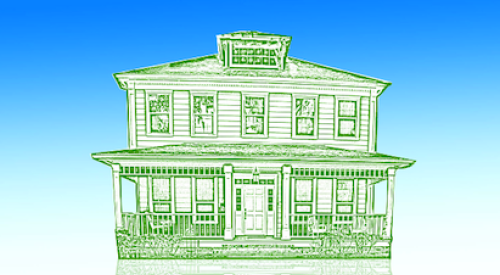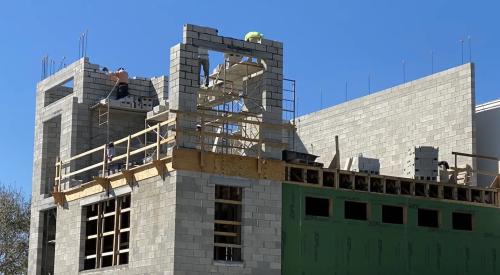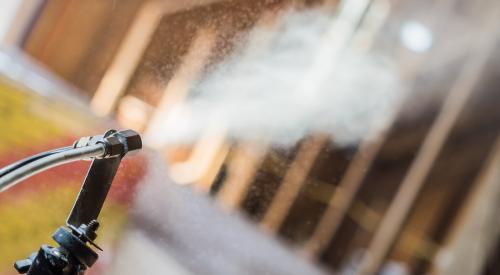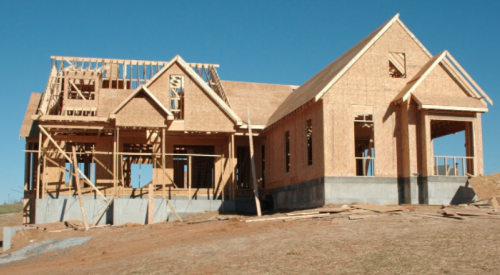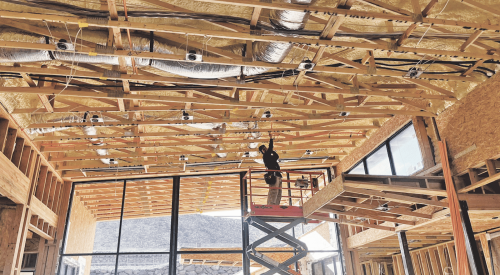Ideal Home's rigorous construction-quality processes include:
Contractor management: Agreements with contractors detail the scope of work for each completion stage. Ideal associates frequently meet in the field with contractors and train crews to expectation. New practices and procedures continually flow from these meetings.
Inspections: Ideal inspects every job performed by contractors for its complete scope of work. If the job is satisfactory, the Ideal superintendent releases the job to the next contractor and pays the purchase order. In addition to weekly inspections of every home by production managers, a detailed pre-drywall inspection is performed.
Smart House Energy Consultants, a third-party inspector, verify insulation, mechanical equipment and flashing on every home. The third-party inspections ensure Ideal's standards are met along with those in the national Engineered for Life (EfL) program. Plus, one in six Ideal homes are randomly selected by Smart House for a final inspection to ensure the tightness of the house envelope and the duct system via blower blower-door tests.
Trade Steering Committee: Ideal meets with its major trade contractors on a quarterly basis. One outgrowth has been a trade evaluation form used on every job to collect data on a weekly basis. Contractors and Ideal superintendents use the data to identify trouble areas and assist with project planning on future jobs.
Energy efficient: Ideal is a leader in energy-efficient homes. In 1997, the EPA recognized Ideal as the first “5 Star” energy-value rated building in the United States for entry level homes under $150,000. In 2005, Ideal Homes built the nation's first Zero Energy Home under $200,000, featuring a solar cell energy system, ground-source heat pumps for heating and cooling and tankless hot water systems which conserve energy.
Ideal applies its energy-efficient learning into all its homes by applying emerging technologies. Years ago, Ideal was the first builder in its region to use environmentally friendly “Low-e” vinyl windows. Ideal now builds all its homes with fresh-air ventilation systems which is critical because its homes are built tight with about five percent energy leakage compared to industry averages on new homes at 25 percent to 30 percent leakage.
